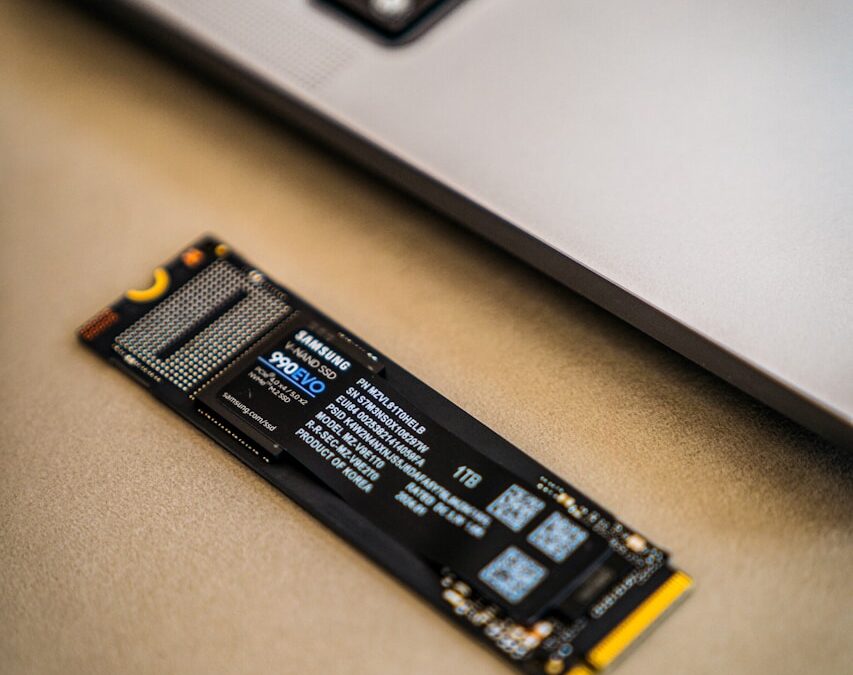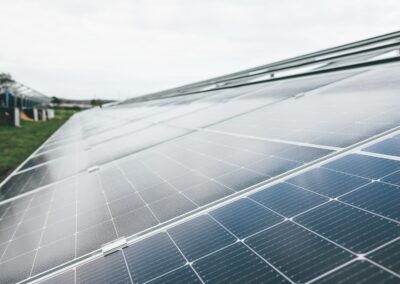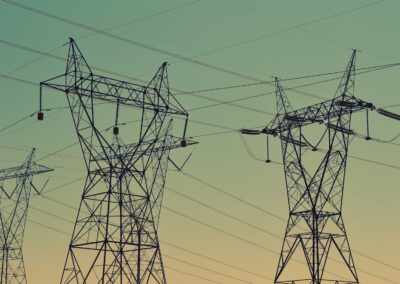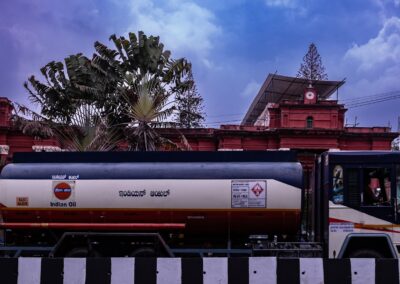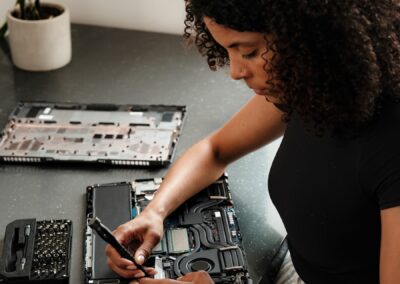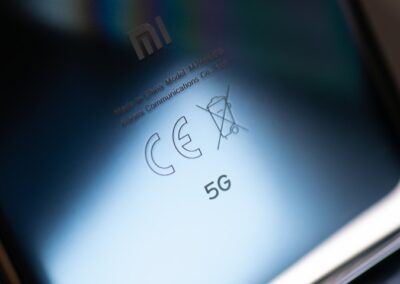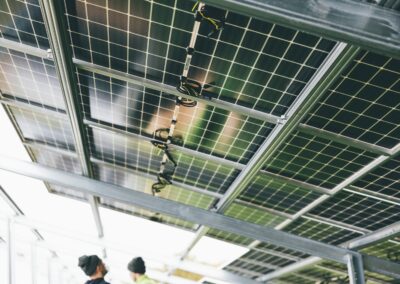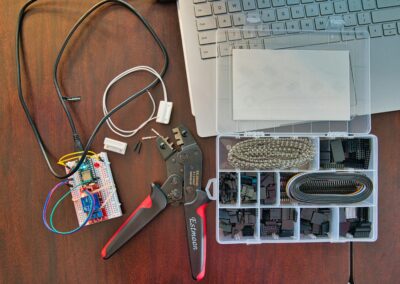Transforming the Future of Energy with Advanced Technologies
The Impact of 5G on Digital Twins in Energy Management
Digital twins in energy management with 5G are set to revolutionize the way we handle energy systems, offering more robust and real-time applications. A digital twin is a virtual representation of a physical asset, process, or system that uses data and advanced analytics to simulate real-world conditions. The advent of 5G networks, with their high-speed, low-latency capabilities, significantly enhances the functionality of digital twins, enabling more precise and instantaneous monitoring and control of energy systems.
In regions like Saudi Arabia and the UAE, where energy management is critical, the integration of 5G with digital twins presents substantial benefits. For example, in Riyadh, digital twins are used to monitor the performance of solar farms. With 5G, data from these solar panels can be transmitted in real-time, allowing for immediate adjustments and optimizations, thus maximizing energy output and efficiency. This real-time capability ensures that energy systems are always operating at their peak performance.
Dubai is also leveraging the power of 5G to enhance its energy management systems through digital twins. The Dubai Electricity and Water Authority (DEWA) uses digital twins to oversee its extensive energy infrastructure. The low latency of 5G networks allows for real-time data transmission and analysis, facilitating quick responses to any issues and ensuring the reliability and stability of the city’s energy supply.
Real-Time Applications and Benefits of Digital Twins with 5G
The combination of digital twins in energy management with 5G brings numerous real-time applications and benefits. One significant advantage is the ability to perform predictive maintenance. By continuously monitoring the condition of energy assets and analyzing data trends, digital twins can predict potential failures and recommend maintenance before issues arise, thereby reducing downtime and maintenance costs.
In Saudi Arabia, predictive maintenance powered by digital twins and 5G is improving the reliability of power plants. For instance, in Riyadh, digital twins monitor the operational status of critical components in power stations. With real-time data facilitated by 5G, any signs of wear and tear can be detected early, allowing for timely intervention and preventing costly breakdowns. This proactive approach not only enhances operational efficiency but also extends the lifespan of energy assets.
In the UAE, particularly in Dubai, digital twins supported by 5G networks are used to optimize the performance of wind turbines. Real-time data transmission enables continuous monitoring and immediate adjustments to turbine settings based on changing weather conditions. This dynamic optimization ensures that the turbines operate efficiently, maximizing energy production and contributing to the city’s sustainability goals.
Future Prospects and Challenges of 5G-Enabled Digital Twins
Looking forward, the integration of digital twins in energy management with 5G opens up new possibilities and challenges. The enhanced connectivity and data speeds of 5G allow for the deployment of more complex and comprehensive digital twin models. These advanced models can simulate entire energy grids, providing a holistic view of energy production, distribution, and consumption. This capability is particularly valuable in regions like Saudi Arabia and the UAE, where efficient energy management is crucial for economic growth and environmental sustainability.
However, the implementation of 5G-enabled digital twins also presents several challenges. One major concern is data security. The vast amount of data generated and transmitted in real-time requires robust cybersecurity measures to protect sensitive information and prevent cyberattacks. Ensuring the security of these systems is paramount to maintaining trust and reliability in digital twin technology.
Another challenge is the need for significant investment in infrastructure. The deployment of 5G networks and the development of sophisticated digital twin models require substantial financial resources. Governments and private sectors in Saudi Arabia and the UAE are actively investing in these technologies, but continuous funding and support are essential to fully realize the benefits of 5G-enabled digital twins in energy management.
Conclusion
In conclusion, the integration of digital twins in energy management with 5G holds great promise for enhancing the efficiency, reliability, and sustainability of energy systems. Case studies from Saudi Arabia and the UAE demonstrate the transformative potential of this technology in modern energy management. By enabling real-time data transmission and analysis, 5G networks enhance the functionality of digital twins, facilitating predictive maintenance, optimizing performance, and supporting sustainability initiatives. As we move forward, addressing challenges related to data security and infrastructure investment will be crucial to unlocking the full potential of 5G-enabled digital twins in energy management.
#DigitalTwins #5GNetworks #EnergyManagement #RealTimeApplications #SaudiArabia #UAE #Riyadh #Dubai #ArtificialIntelligence #Blockchain #ModernTechnology #BusinessSuccess #LeadershipSkills #ProjectManagement

